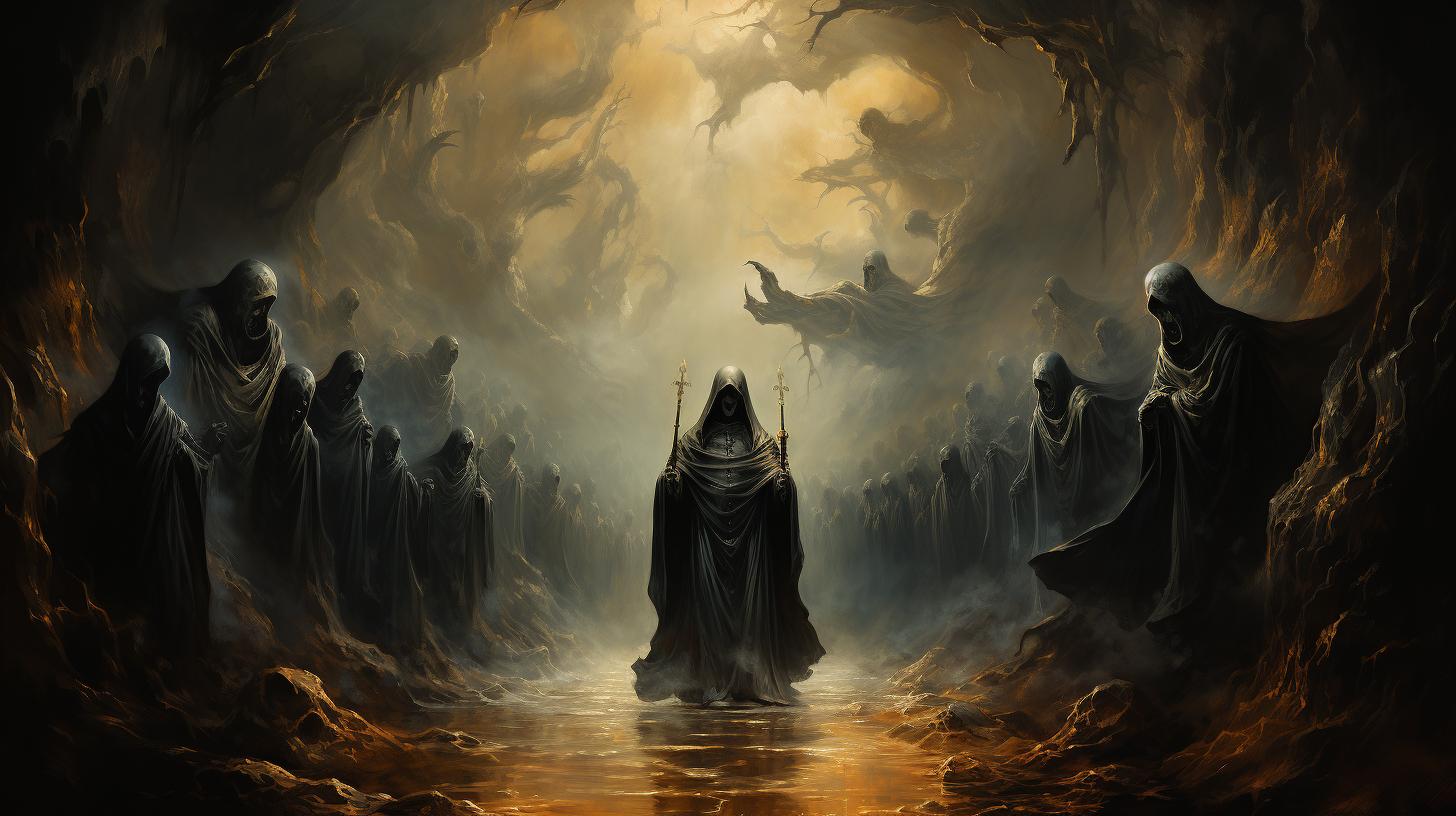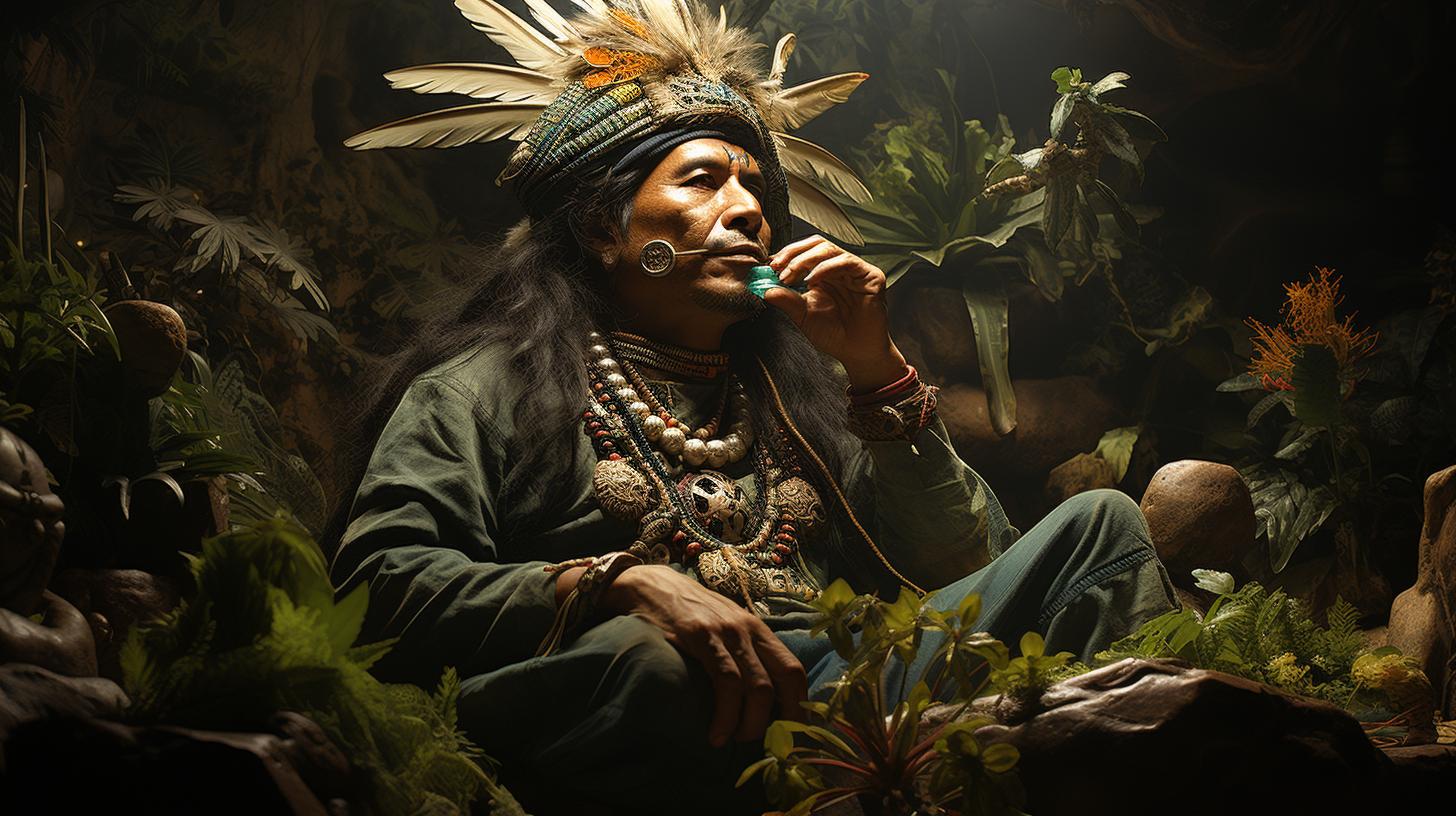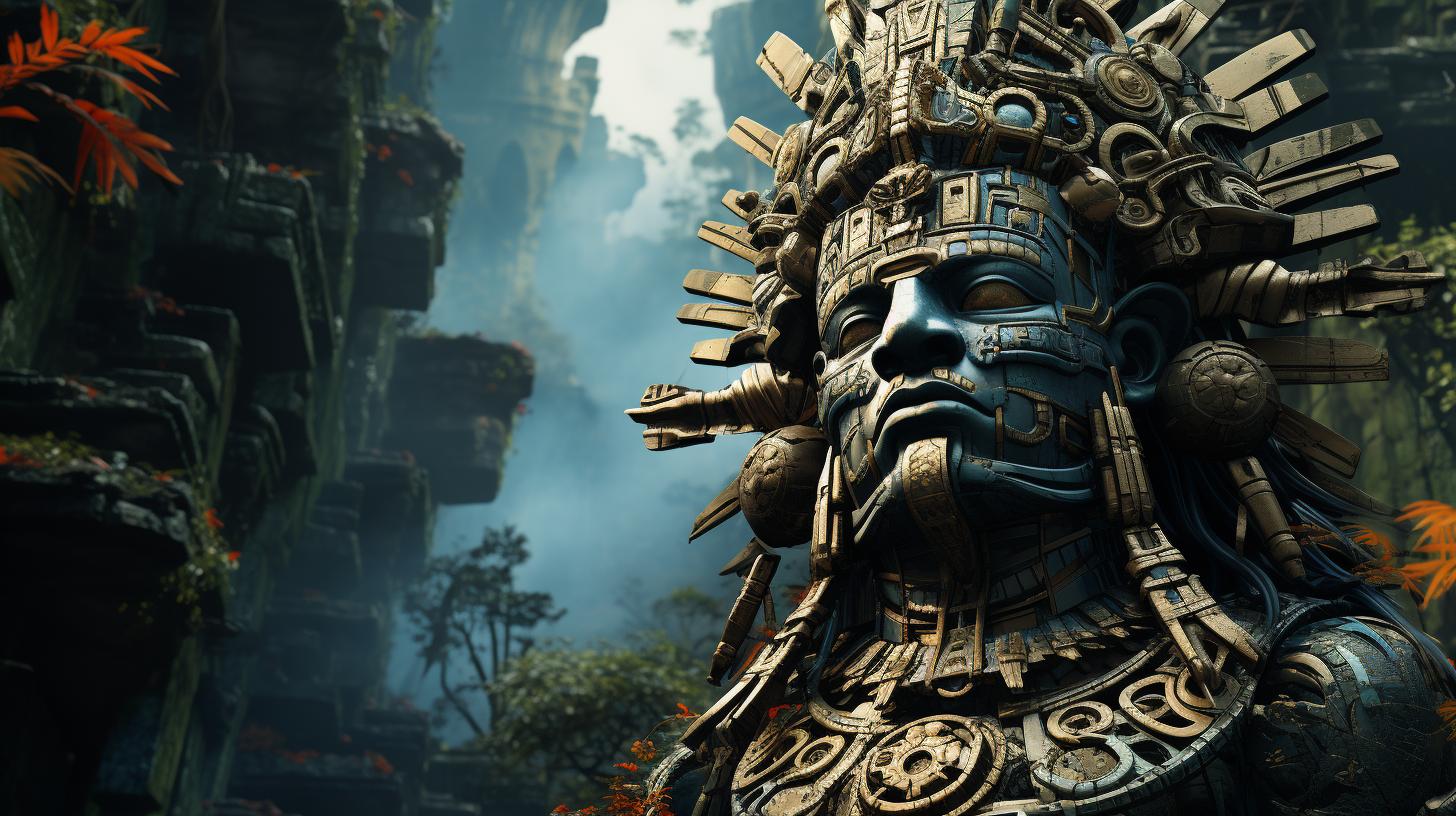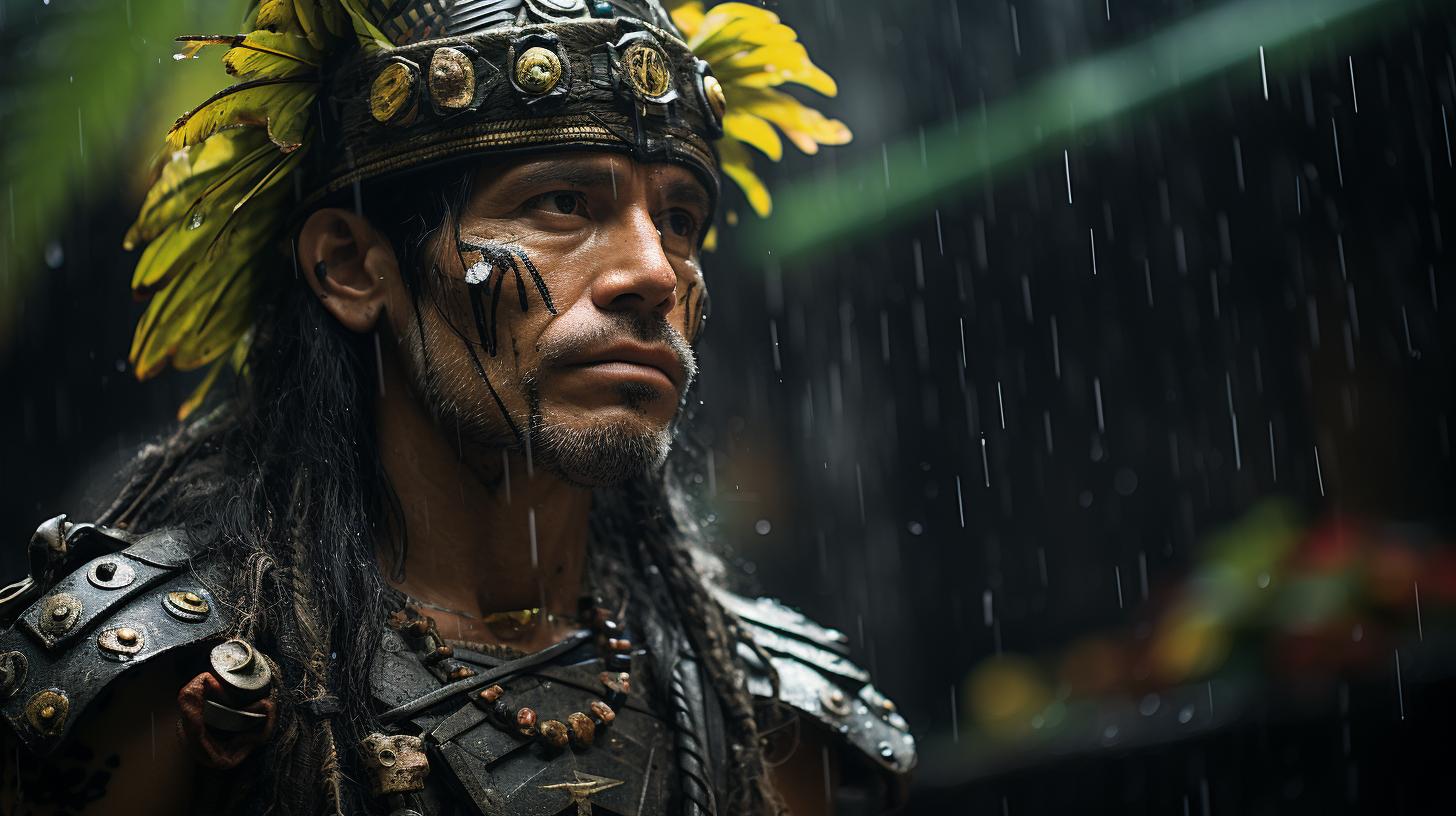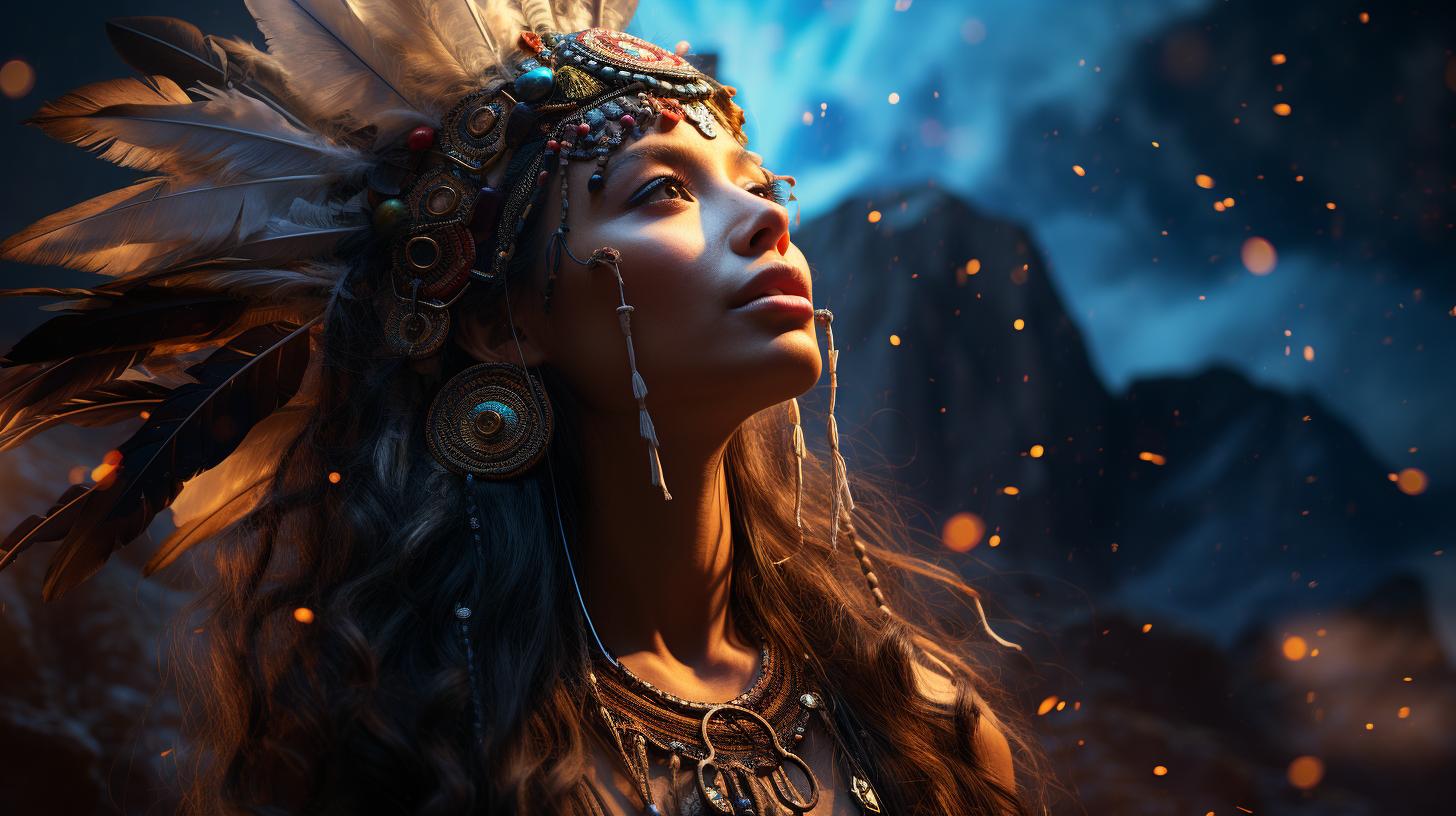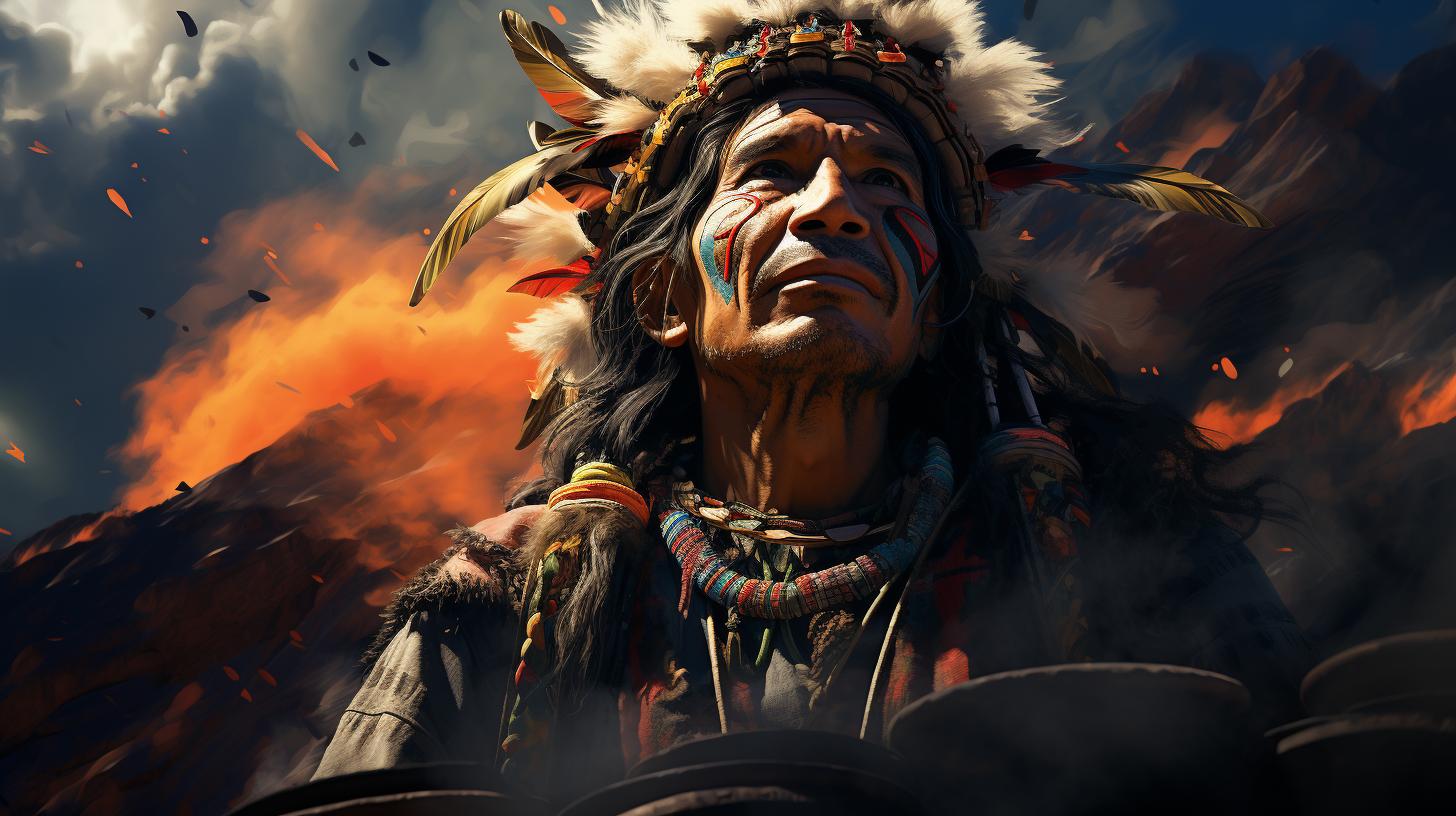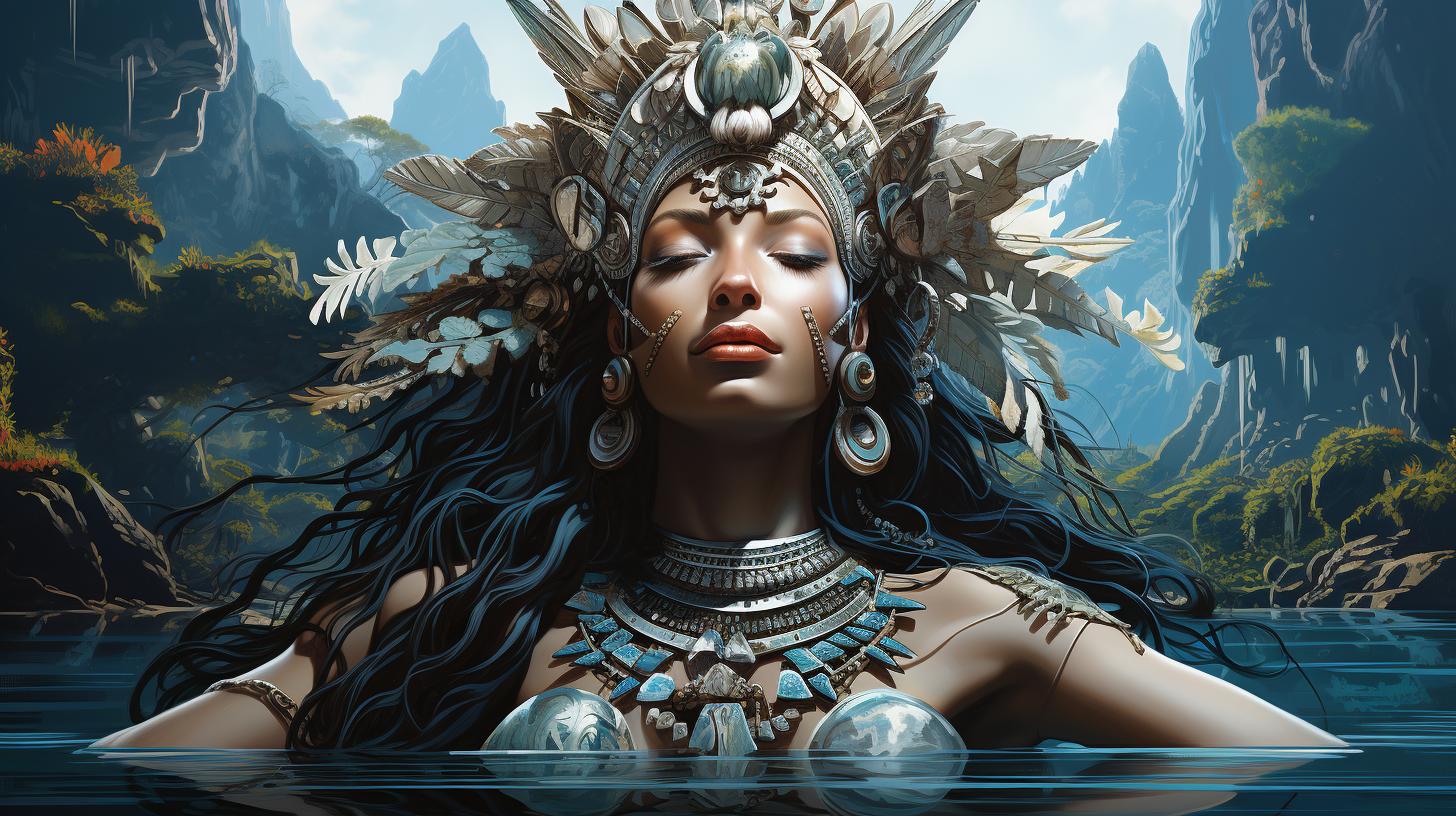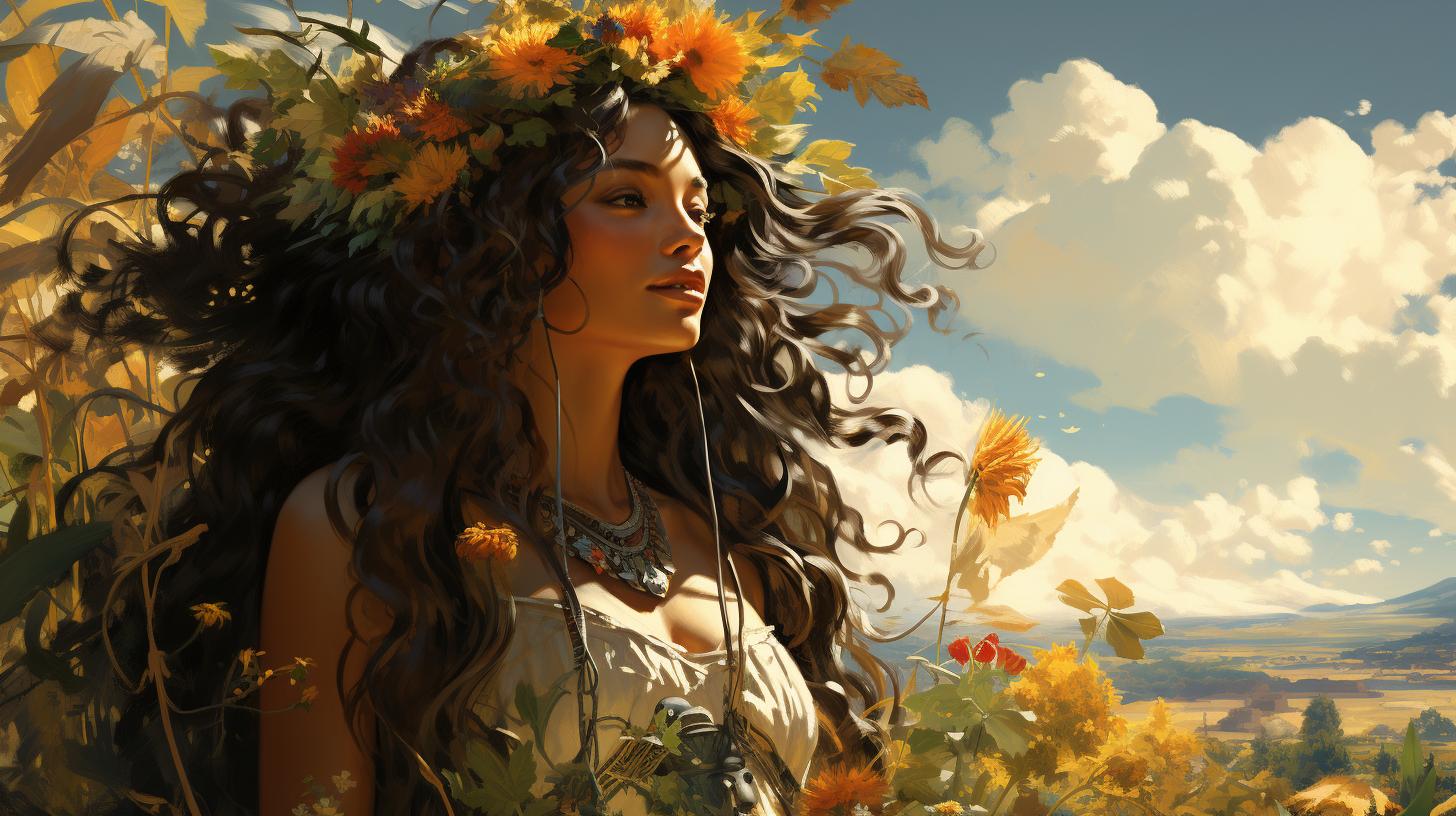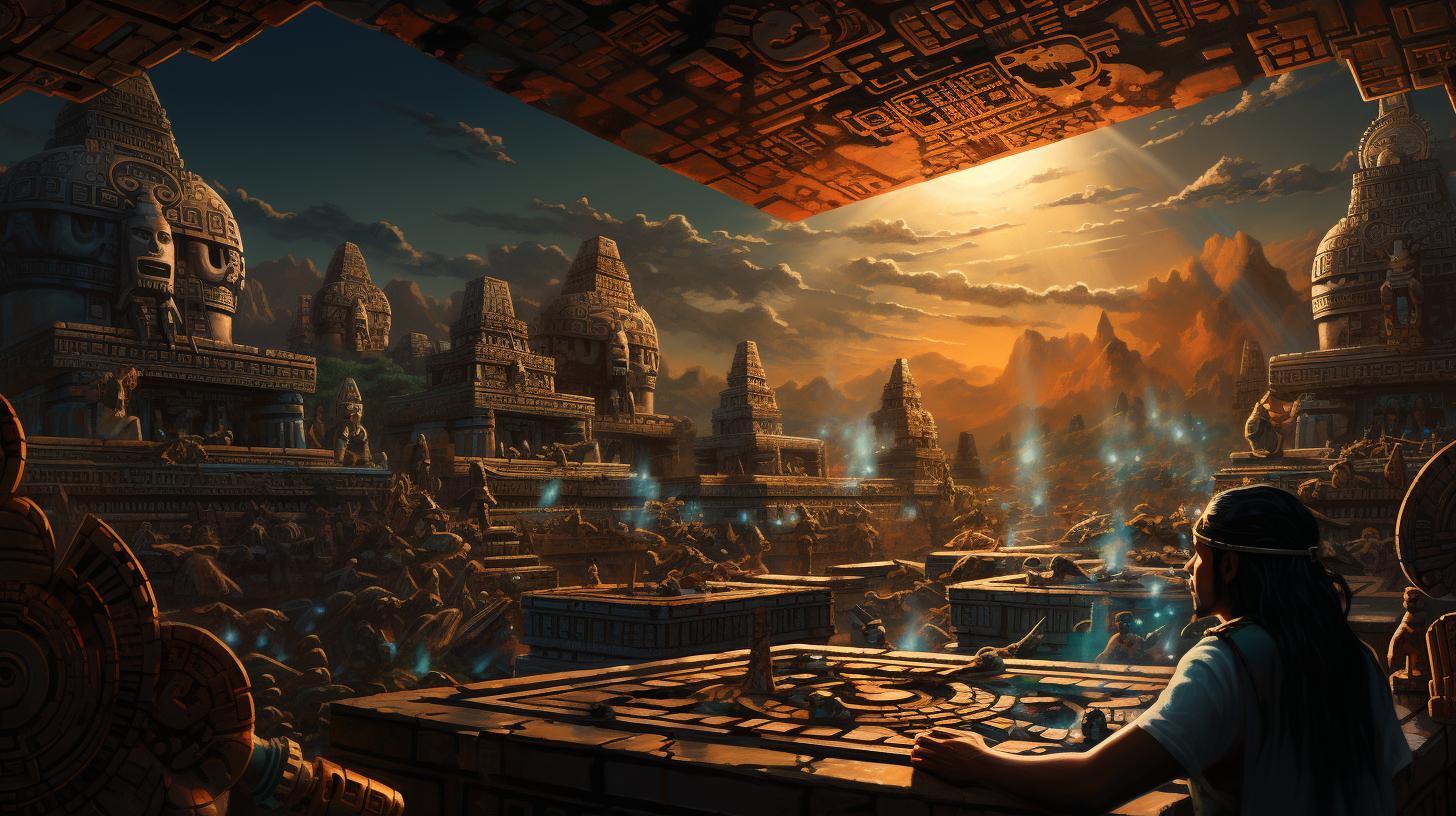Vichama: The Inca God of Death Unveiled
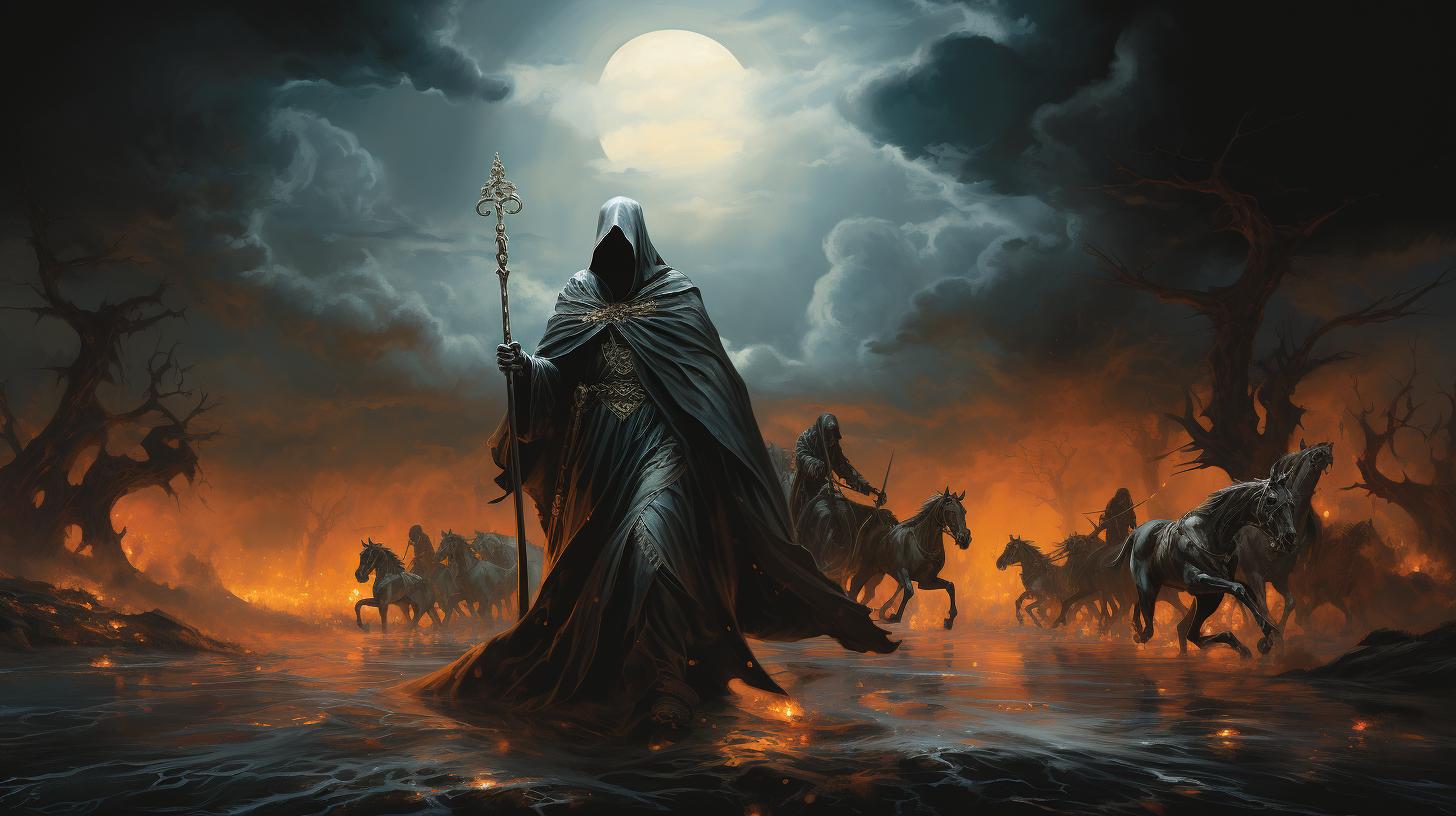
Vichama, the Inca God of Death, holds a significant place in Inca mythology and worship. Believed to be the son of Inti, the Sun God, Vichama’s story revolves around revenge and the transformation of humans into rocks and islands.
Vichama’s role in Inca society and state religion highlights his importance as a deity. Today, Vichama’s legacy continues, with the Vichama Theater Group in Lima, Peru, promoting social awareness globally. Discover the intriguing world of Vichama and its impact on ancient and contemporary Peruvian culture.
Explore more about Vichama in the following sections.
Vichama: The Inca God of Death
Vichama, known as the Inca God of Death, holds a significant place in Inca mythology and religion. This section explores the origins and mythology surrounding Vichama, delves into his role within the Inca Empire, and examines his relationship with other Inca gods.
Origins and Mythology
The origins of Vichama trace back to his divine parentage as the son of the revered Sun God, Inti. According to the Inca mythology, Vichama’s mother was tragically slain by his half-brother, Pacha Kamaq.
This event fueled Vichama’s quest for revenge, leading to his transformative powers over humanity.
Role in the Inca Empire
Within the Inca Empire, Vichama played a vital role in the belief system and religious practices of the ancient civilization. His presence influenced various aspects of Inca society, from spiritual rituals to the governance of life and death.
The Inca people held great reverence for Vichama as the god responsible for the cycle of life and its ultimate conclusion.
Vichama and Other Inca Gods
Inca mythology is rich with a pantheon of gods, each with their distinct domains and attributes. This section examines the connections between Vichama and other significant deities within the Inca belief system, shedding light on their intertwined roles and interconnected influence on Inca society.
Vichama’s Revenge: The Transformation of Humans
The story of Vichama takes a dramatic turn as we delve into his quest for revenge and the extraordinary consequences that followed.
Pacha Kamaq and the Murder of Vichama’s Mother
In the intricate web of Inca mythology, Vichama’s mother fell victim to a treacherous act committed by his half-brother, Pacha Kamaq.
Fuelled by despair and wrath, Vichama vowed to avenge his mother’s death.
The Transformation of Humans into Rocks and Islands
Vichama’s vengeance took an unimaginable form. He transformed the humans created by Pacha Kamaq into unyielding rocks and expansive islands. The once vibrant and living beings became everlasting monuments of Vichama’s retribution.
The Birth of a New Human Race
Yet, amidst the devastation and ruin, a glimmer of hope emerged. Vichama’s wrath was tempered by compassion, and he let three eggs hatch, giving life to a new race of humans.
They would bear the weight of redemption, eternally linked to the god of death.
The Cultural Significance of Vichama in Inca Worship
Vichama’s Worship and Rituals
Vichama held a profound significance in Inca worship and rituals. Devotees honored him through elaborate ceremonies and offerings. Priests conducted ceremonies at temples dedicated to Vichama, performing sacred rituals to appease the god of death.
These rituals often involved the sacrifice of animals and the burning of offerings as a sign of reverence and devotion. The worship of Vichama was an integral part of Inca religious practices, highlighting the important role he played in their spiritual beliefs.
The Importance of Vichama in Inca State Religion
Vichama held a prominent position in Inca state religion. As the god of death, he was seen as a powerful deity with the ability to control the fate of souls. The Inca believed that by worshiping Vichama and offering him sacrifices, they could ensure their safe passage into the afterlife.
The state religion placed great emphasis on Vichama’s role in the cycle of life and death, reflecting the significant role he played in the Inca worldview.
The Festival of Vichama
One of the most important celebrations in Inca culture was the Festival of Vichama. This annual event was dedicated to honoring the god of death and involved elaborate rituals and ceremonies.
The festival included music, dance, and processions, with participants wearing elaborate costumes representing different aspects of Vichama’s mythology. During the festival, offerings were made to Vichama, including food, textiles, and precious metals.
It was a time of communal celebration and spiritual connection, as the Inca community came together to pay homage to their revered deity.
- Vichama’s Worship and Rituals
- The Importance of Vichama in Inca State Religion
- The Festival of Vichama
Vichama in Contemporary Culture
The cultural impact of Vichama, the Inca God of Death, extends beyond ancient times.
Today, Vichama continues to hold a significant presence in contemporary Peruvian culture, particularly through the renowned Vichama Theater Group based in Lima, Peru.
The Vichama Theater Group in Lima, Peru
The Vichama Theater Group, located in Villa El Salvador, Lima, Peru, is a globally recognized theatrical company. With a focus on social responsibility and participation, the group has adopted the name of Vichama to depict their commitment to addressing critical societal issues.
Addressing Social Issues Worldwide
The Vichama Theater Group uses the power of storytelling to shed light on various social challenges that exist globally. Through thought-provoking performances and productions, they aim to raise awareness, foster dialogue, and inspire action among audiences worldwide.
Vichama’s Legacy in Modern Peruvian Society
Vichama’s legacy has transcended ancient mythology and has become embedded in the fabric of modern Peruvian society. As a symbol of resilience and transformation, Vichama serves as a reminder of the importance of cultural heritage and the continuous evolution of collective identity.
By embracing Vichama’s mythology and incorporating it into their artistic endeavors, the Vichama Theater Group contributes to the preservation and celebration of Peruvian traditions and fosters a sense of pride and connection among the Peruvian community.
Explore the world of Vichama in contemporary culture through the remarkable works of the Vichama Theater Group, which amplify the significance of this ancient deity in modern times.

